Imma just put this out there right now: buckle up. This is a bit of a lecture because I am a little tired of hearing about all of this.
Mmkay. We’re going to discuss some health measures you need to be taking for your animals and what the means about the food you’re getting from them. {This also applies to food you buy in the grocery store. If you have heard some crazy things about Industrial Ag, check out this site for a more accurate picture.}
Antibiotics
If your child is sick with a BACTERIAL infection, what do you give it? Antibiotics. If your animals is sick with a BACTERIAL infection, what should you give it? Antibiotics. Now, the exact kind you should be giving will depend on the breed of animal and the disease. This is something to discuss with your veterinarian. Every antibiotic {or other medication for that matter} has what is called a Withdraw Time. A withdraw time is the time you need to wait before using anything that animal is producing for you – meat, eggs, milk, etc. The withdraw time is the amount of time {actually more than enough time} for ALL of the antibiotic to be removed from the animals system. So, when you use products from your animals after giving them medication and you wait the appropriate withdraw time, there isn’t any medication residue left. How can you be sure? Approved medications go through extensive testing on many levels. You can be sure. And if you’re not, just imagine how often you poop and pee. Sorry for that visual, but the principle is the same. It’s not the GI tract, but the comparison will help you understand how things move through your animals body.
The term “antibiotic free” is used to let consumers know that the animals wasn’t fed or implanted with antibiotics long-term to promote growth or as a preventative measure. {Antibiotics promote growth by improving digestion in ruminants and in turn increasing their ability to utilize feed for weight gain.} Even if animals on “antibiotic free” farms get sick and antibiotics are the right answer, they will be given and just not sold as “antibiotic free.” If you’d like to read more about that on large scale farms, check out this post and this post.
Now. If you refused to give your child antibiotics because you wanted them to be “antibiotic free” then you would probably be considered abusive and some bad crap would go down. I’m going to tell you this once, and once should be more than enough. If you refuse to treat your animal when it is SICK with antibiotics because you care that much about a label, I will personally come remove all your animals from your care. You do right by your animals first, your pride and your pocketbook come second.
Vaccinations
Vaccinations provide animals with immunity to certain diseases that are very unpleasant. Vaccines can be for viruses, bacteria, and other parasites. Vaccinations can provide fetuses with cross-placental transfer of immunity when the mother is vaccinated, greatly improving their likelihood to survive and thrive. Vaccinations also keep the food you’re getting from your animals safe. Some diseases and parasites not only make your animals sick, but they can make you sick too if you consume their products while they are ill. EW – why aren’t you vaccinating again?
I’m not sure how vaccinations got a bad rap, but they are a must for keeping your animals healthy. Again, this doesn’t change how any animal product is labeled in the store – all animals that are sold for food need to be healthy. Unhealthy animals and their products are condemned and the producer pays heavy fines and gets a bad reputation. To read more about vaccinations on large farms, check out this post and this post.
Just because you’re only producing food for your family or a small group of people doesn’t mean your allowed to skip taking health precautions. Why? Well, animals are kinda gross, if you haven’t noticed. And they do things like eat poop, eat off the ground, and lick each others butts. They also live outside 24/7 with bugs that can transmit disease – like mosquitos. So if it seems like they need vaccinated a whole lot more than we do, yes, your observation is correct {hopefully you don’t do things like eat poop}. It’s because of where and how they live and eat. This is why keeping your farm clean really helps reduce disease incidence. But it will never fully eliminate it.
Grain
I don’t care how you want to raise your animals. If you want them to be grass-fed, fine. If you want them to be free-range, fine. But you want to know what’s not fine? Denying them the correct nutrients they need to provide YOU with their products. If you have a laying flock, they need to have the right % protein for their production stage and a correct balance of amino acids and vitamins. Also, thier eggs will not be higher in omega-3’s because they eat your grass and weeds. They will be higher in omega-3’s if they have access to a feed source with omega-3’s. The nutrients your animals take in DIRECTLY effects the products they produce. Grass-fed beef is more tough, sorry, it’s a fact. That doesn’t make it wrong, I keep my steers on pasture. If you have a dairy animal, they WILL need a high energy feed source like grain after calving. It’s a fact. If that hurts your feelings, don’t have dairy animals. I have seen small-scale producers loose good animals because they were ignorant to their nutritional needs. It is heartbreaking.
Grain is not a swear word. I promise. It is a feed source with certain nutrients. If your animals are eating balanced diets, it will probably be present on occasion. I ALWAYS recommend feeding a balanced diet from the feed store to laying hens and consulting a veterinarian or nutritionist about the correct diet for your pregnant/nursing animals.
Let’s wrap this up.
It is not only completely unfair, but morally wrong for you to be more concerned with the label on your food than the health of your animals. Be careful what you read out there on the inter-webs. They are some unqualified individuals with really loud voices. Please consult real professionals if you have questions. Please be smart and caring about your choices with your animals. Please don’t worry about labels on food. It’s all safe. It’s all nutritious {except twinkies – Andy still doesn’t believe me}. If this post got you fired up and you need a reminder about the rules, re-read them here {they are at the bottom of that page}.
Pin this farm tip on your Hobby Farming board to SAVE it for later! Follow Longbourn Farm on Pinterest for more great tips, ideas, and tutorials!
[et_bloom_inline optin_id=”optin_4″]
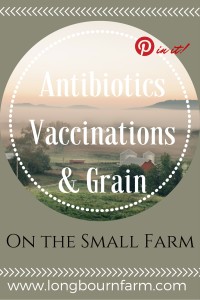
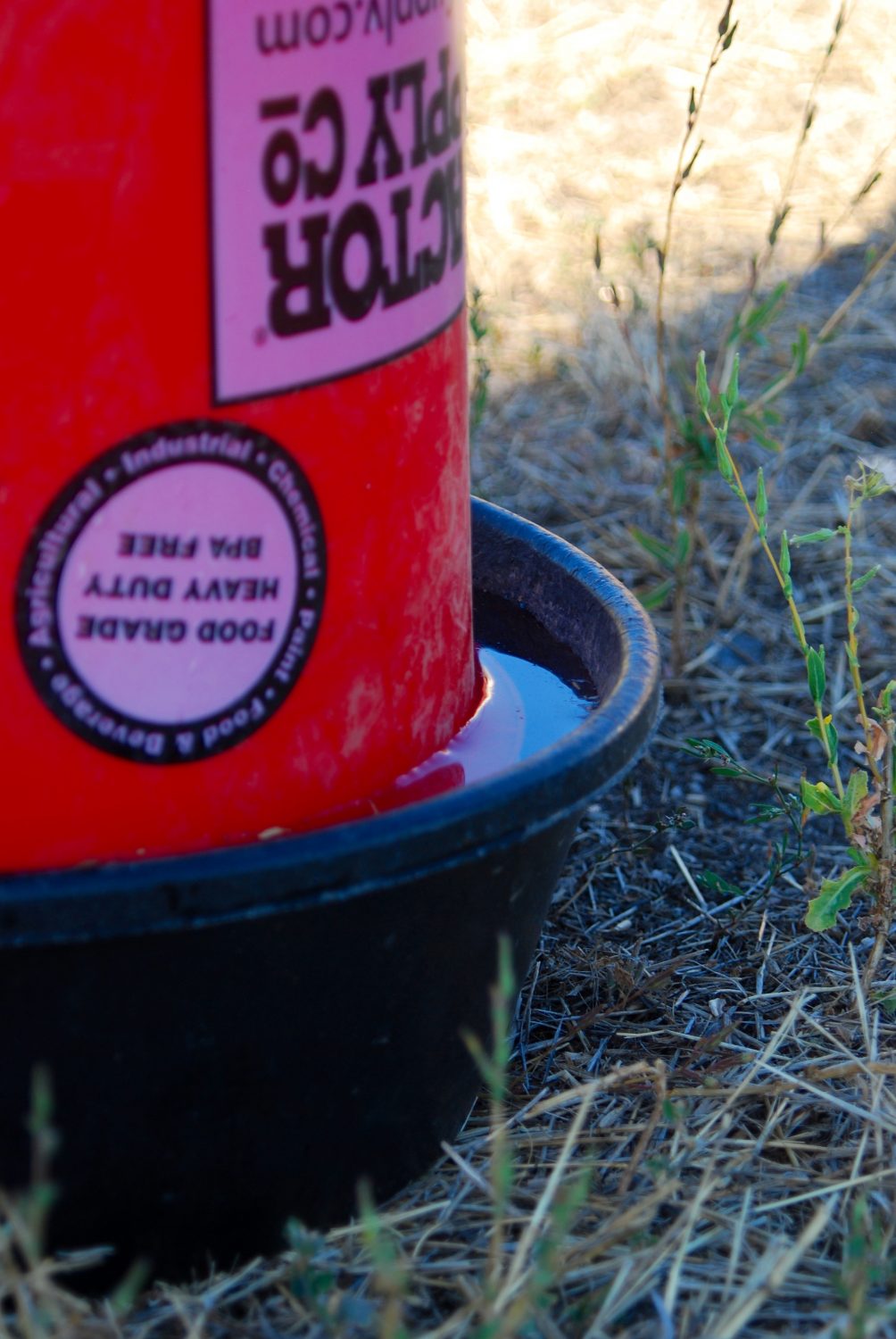
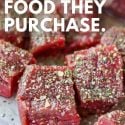
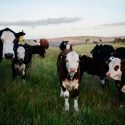
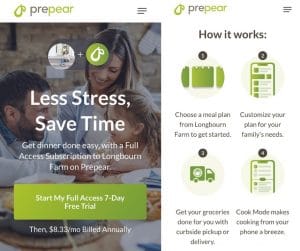

Krista says
Great post Alli!!
Alli says
Thank you!